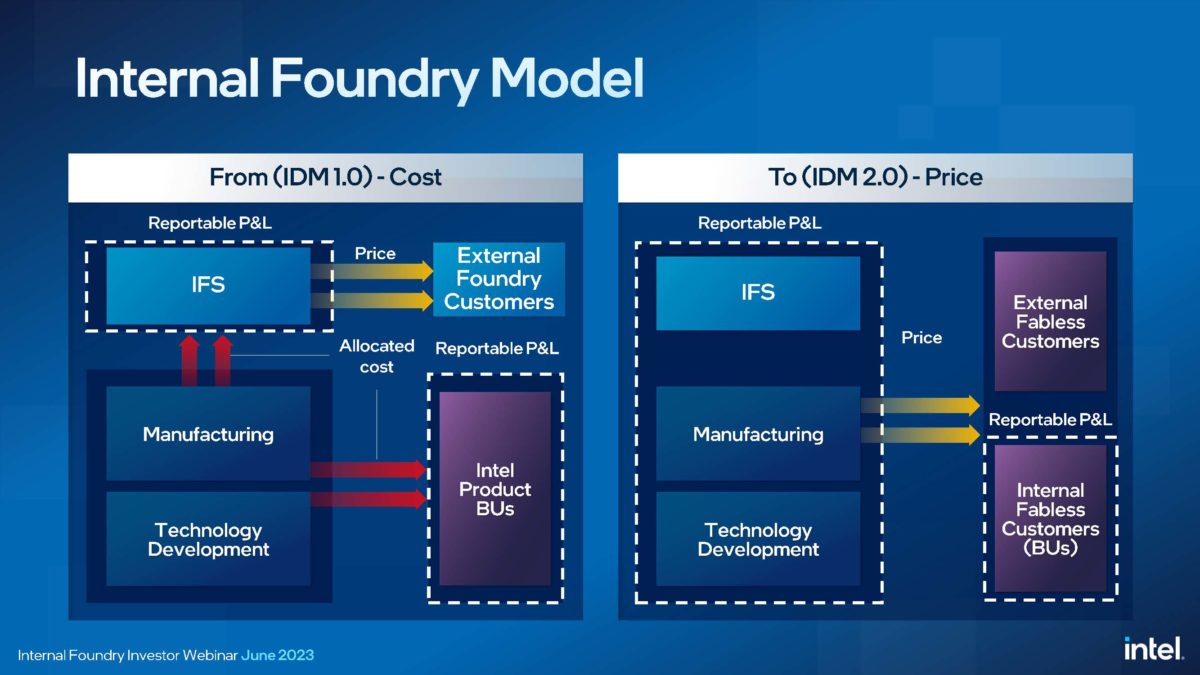tooLongInEDA
Moderator
I'm not sure that Intel actually does "being number 2". Not successfully over any longer period. Being number 1, dominating markets and extracting well above average margins seems to be hardwired into their DNA.To add on, Apple (that company that is renowned for never forgiving or forgetting) went back to Samsung for second sourcing a mere two years after the alleged IP theft had occurred. If Samsung can still get major business from their competitors after that, and intel doesn’t have this kind of black mark on their record, I don’t really see people not using IFS due to IP concerns (assuming intel has shown they have put in place sufficient firewalls for their customers).
And where pray tell did intel say they “planned to be the largest foundry”? The messaging they always gave was number two. Dave also said something to the tune of:
“…funnily enough our internal business kind of makes us number 2. But the goal is to grow external to make us number 2…”.
Once again paraphrasing off of memory since I didn’t feel like digging through the transcript.
It will be a very different Intel that's happy being number 2.
As with the current Intel messaging that they will continue to operate as a merged foundry and design company (they have to say this, regardless of what they might eventually do - which they probably don't yet know themselves), there's a gap between what they are currently saying and where a stable long-term equilibrium lies.

